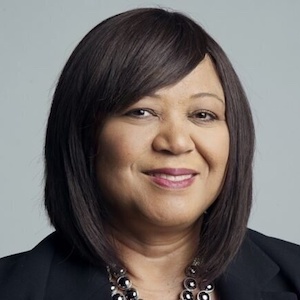Wednesday roundup: More NPR One buzz; Cyberchase lands five years of support
• More reactions to NPR One: James Cridland, a radio consultant and managing editor of media.info, praised the app for its integration of local and national content and expressed frustration that the BBC, his former employer, didn’t beat its American counterpart to the idea. And in Fast Company, Zach Brand, NPR’s v.p. of digital media, discussed the importance of the human curation side of the app.

Cyberchase, teaching young public TV viewers math since 2002, has received more support from Ernst & Young. (Photo: WNET)
• Cyberchase, public TV’s math show for kids ages 6 to 11, has secured another five years of support from Ernst & Young LLP, producing station WNET in New York announced Tuesday. The accounting firm has sponsored the series for eight years, and in 2007 it created an employee volunteer program using Cyberchase programs and activities. So far, more than 650 Ernst & Young staffers have extended Cyberchase activities to 1,700 disadvantaged children in 17 cities, according to WNET.
• NPR wants to know what keeps its listeners tuning in. With a new campaign, Story Nation, it’s encouraging listeners to email or share on social media their reasons for listening to public radio, using the hashtag #whylisten. NPR will gather responses for what it calls a “broader narrative,” including on-air testimonials.
• Apple is close to purchasing the radio/podcast app Swell for $30 million, according to Recode. The app’s website says the service is no longer available. Swell allowed users to curate talk radio and podcast programming from content partners including NPR and American Public Media.
• Poynter Institute media ethicist Kelly McBride and New York University medical ethicist Art Caplan have launched a podcast about ethical choices in daily life. Everyday Ethics, recorded out of the studios of WUSF in Tampa, Fla., will be produced twice weekly and hosted and edited by WUSF All Things Considered host Craig Kopp. Poynter announced the program in a July 28 release.






